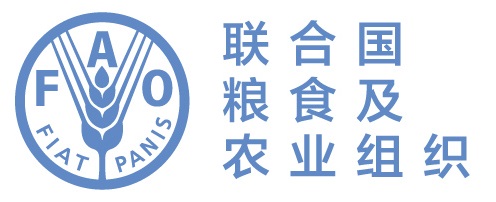植物健康即我们的健康:荷兰王国庆祝其保护植物健康125载
Posted on Fri, 29 Nov 2024, 08:19

©荷兰国家植物保护组织(NPPO)
瓦赫宁根,2024年11月28日。荷兰国家植物保护组织(下称“NPPO”)在瓦赫宁根国际会议中心举办了一场题为“在变局中保护植物健康的125载”的国际研讨会,庆祝其成立125周年及其对植物健康的贡献。研讨会期间召开了几场全体会议,就植物检疫领域的过去、现在和未来进行了专家组讨论,并就虫害检测和管理工作中出现的新风险、研究与创新、园艺和植物健康发展等主题进行了分组讨论。
该国的NPPO于1899年11月29日成立,最初名为荷兰植物病理学服务局,2012年与其他政府组织合并成立了隶属于农业、渔业、食品安全与自然部的荷兰食品和消费品安全局,其职责包括:代表荷兰参与涉及植检问题的各类国际会议和国际协议,如《国际植物保护公约》(下称“IPPC”);就植检政策措施提供实施指导意见;以及管理国际植检项目,以促进植物健康和贸易安全。
该国的NPPO肩负起有关植物和贸易健康发展的上述职责,成为荷兰这一全球第二大农产品出口国(仅次于美国)的一大关键机构。2023年,荷兰农产品出口额达到1238亿欧元,比2022年增长1.6%。其出口的主要农产品包括谷物、玉米等动物饲料作物,以及蔬菜和花卉等园艺产品。 荷兰农业、渔业、食品安全与自然部部长Jean Rummenie赞扬了该国NPPO和整个植物检疫社区,称他们是“我们‘保障的守护者’(guardians of guarantee),保护着作物、生态系统、生物多样性和本地物种。”他强调,植检社区不仅在植检方面发挥了关键作用,还为全球农业贸易奠定了基础,通过持续的制衡机制确保经济繁荣稳定。
“你们追查的许多有害生物肉眼看不见,就像你们的辛勤工作往往不为公众所见一样——即使在荷兰这个重要的‘欧洲门户’也不例外。”他说,“但我知道我们亏欠植检社区太多了。感谢你们勤勤恳恳;感谢你们不懈地寻找快速、高效和创新的方法来检测病虫害;感谢你们开发新的数字系统,并在不断变化的环境中寻找更好的国际合作方式——当下的环境因各类规则和法规、不断增长的贸易量、气候变化、有害生物迁徙以及地缘政治紧张局势而变得愈加复杂。”他补充道。
他承诺将继续支持简化法规的政策,并促进与荷兰国家框架、欧盟合作伙伴和国际行为体的合作。
IPPC秘书处整合与支持组组长兼IPPC秘书处日常事务负责人Arop Deng参加了有关该NPPO国际视野的专家组讨论。他在讨论过程中介绍了IPPC历史、各大NPPO在实现IPPC使命中的作用以及国际合作在保护植物健康方面的价值。其他参与讨论的专家包括欧盟委员会卫生和食品安全总司副司长Claire Bury和欧洲及地中海植物保护组织(EPPO)总干事Nico Horn。
其他发言人包括荷兰NPPO高级植物健康官员兼IPPC标准实施与能力建设委员会副主席Thorwald Geuze、荷兰NPPO局长Corne van Alphen、名誉教授兼CropXR监事会主席Martin Kropff以及荷兰NPPO各技术官员。
相关信息:

